mother mother’s ryan guldemond chats about gen z, the band’s newest album and more
Plus, take a gander below for information on their upcoming Australian tour.
Mother Mother is a band that has never shied away on talking about the heavy stuff. In fact, some of their most iconic tunes – that have been thrust back into the zeitgeist by their Gen Z fans – dealt with dark themes and their newest album, Grief Chapter, is no different.
We were lucky to score a quick chat with the band’s lead vocalist, songwriter and guitarist Ryan Guldemond about what he hopes listeners get out of this album, as well as what it was like to receive long-overdue flowers for Mother Mother’s earlier tracks.
Firstly, we need to talk about the fact that 12 years after you released your second album, O My Heart, tunes like “Hayloft” and “Burning Pile” found new-found fame and appreciation on TikTok in 2020. What was it like witnessing this in real-time? Definitely felt surreal. And I was like you're watching a movie, an alternate life that isn't rooted here in reality. It took a minute to believe it, yeah.
Why do you think that these songs struck such a chord with a Gen Z audience? I think that the Gen Z crowd is craving deeper sentiments than, you know, what you’d find in mainstream music. Early Mother Mother was a quirky band, it was dark but funny.
We talked a lot about the demons of the human condition, and it’s a hard time to be young right now – there are a lot of demons. And I think when music touches on that, it helps you connect to yourself. Having capacity for the darkness means, ultimately, a way forward to the light. But to answer your question, that’s just a hunch.
How would you describe your relationship to O My Heart today? It’s great! I think, for me personally, I always struggle with music as it’s being made. I think you put too much of yourself in it during the process, and so the more time passes the more able I am to separate myself from the music and enjoy it objectively, almost like a fan. But then I have to stop myself and think, “No, wait, that’s me from a decade ago”.
In general, very happy with our early catalogue. Very, very happy and grateful to reconnect with the music – in light of it becoming popular again.
What themes or ideas do you keep find yourself gravitating to in music? I guess just the third for truth, and not buying into things that’s being sold to use. There’s more to life than the societal parameters put on us. I think I always fall into a rebellious tone when I write, like an anti-authority, ‘damn the man’ kind of voice. There are also spiritual undertones, too. Things like cosmic ideations and capacities.
Your last album, Inside, focused on the unique experiences tied to the COVID-19 pandemic. Three years on, what does this album mean to you now? It’s such a timestamp, like I really do teleport back to the pandemic whenever I listen to that album, but it’s not my favourite album. I respect deeply for it, and I still think it honours the time and place when it was made.
I don’t find myself going back to it for reference when I made new records. I usually like the listen to Mother Mother at our best, and I don’t really circle back to that one as much.
That’s funny, because whenever I think about Mother Mother’s discography I always think back to “Monkey Tree”, that’s the one that always comes to my mind! I have to agree, “Monkey Tree” is one of our very-best songs.
And how would you compare Inside to Grief Chapter? I think, thematically, Inside was a lot darker. Grief Chapter talks about death a lot, but it’s not morose to me. It’s more about opening up to this inevitability of death and just trying to re-frame as it as a part of life, and inviting ourselves to seize the day.
I find the biggest different, though, is that Inside was almost dystopian and ambient, while Grief Chapter is so punchy, focused and muscular.
How would you describe the making of this album? You know, all of us in the band have these visions of what we want to do at the start. But then you go into the studio and everything changes.
You know, this album started off as something that’s sad, but it then just turned into this very dense and complex production, which is antithetical to what we set out to do. So, once again, the Muse know’s what’s up and doesn’t care what you think.
What do you hope listeners get out of this album? I just want the vibrations, the melodies and the rhythms to enter your being and it to feel good. And then, further from that, to really delve into the lyrics and hopefully, they won’t be so afraid of death. I hope they see it more of a tool to remind you to live in your purpose.
Finally, how has Mother Mother evolved since first forming almost 20 years ago? That’s a hard question to answer. I think the biggest thing is that we know the industry a lot more now. We’re much more strategic, even in terms of how we deal with each other, in how we approach the music.
You know, we see the habits, the formulas and the patterns. Which is kind of how things go, for better or worse right? Like, whenever you start any thing you’re doing it new, and everything’s new, but then over 20 years, you know how things work. I think it’s easier to be innovative early on, but I also think we were a lot more feral. There’s pros and cons, and I think both bands – early Mother Mother and current Mother Mother – can learn a lot from each other. We learn a lot from our younger selves.
Mother Mother will be performing in Australia in all capital cities from November 16th. To get your mitts on a ticket and find out when they’ll be near you, pop by Live Nation’s website.
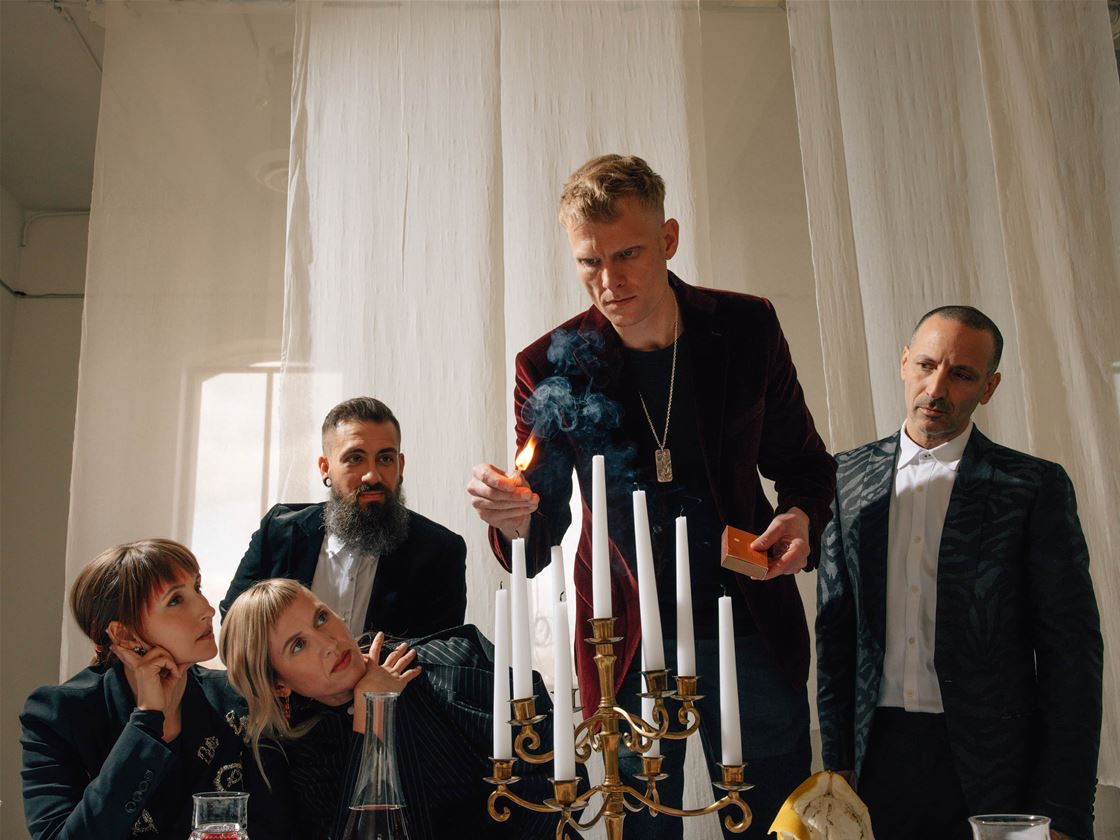
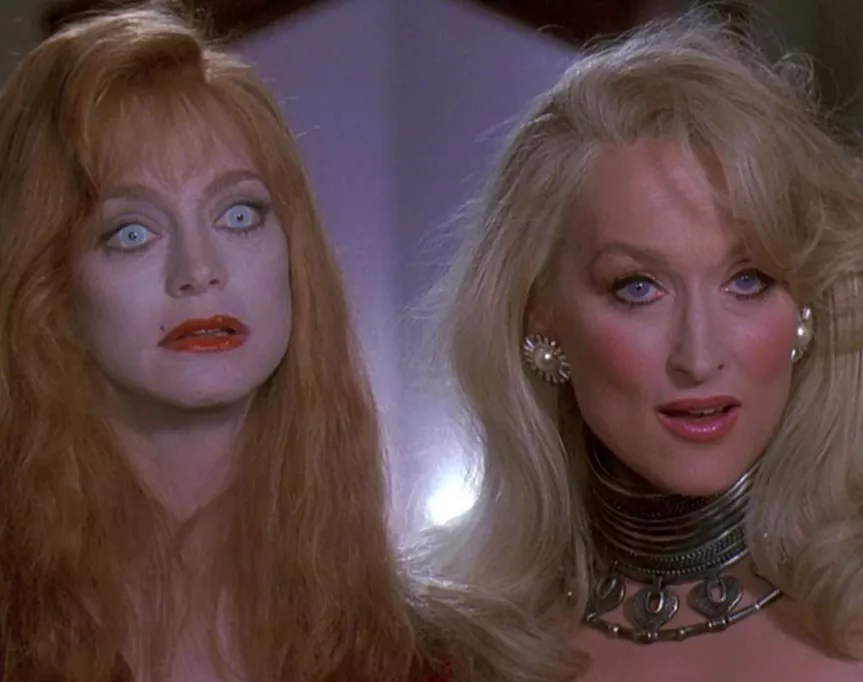

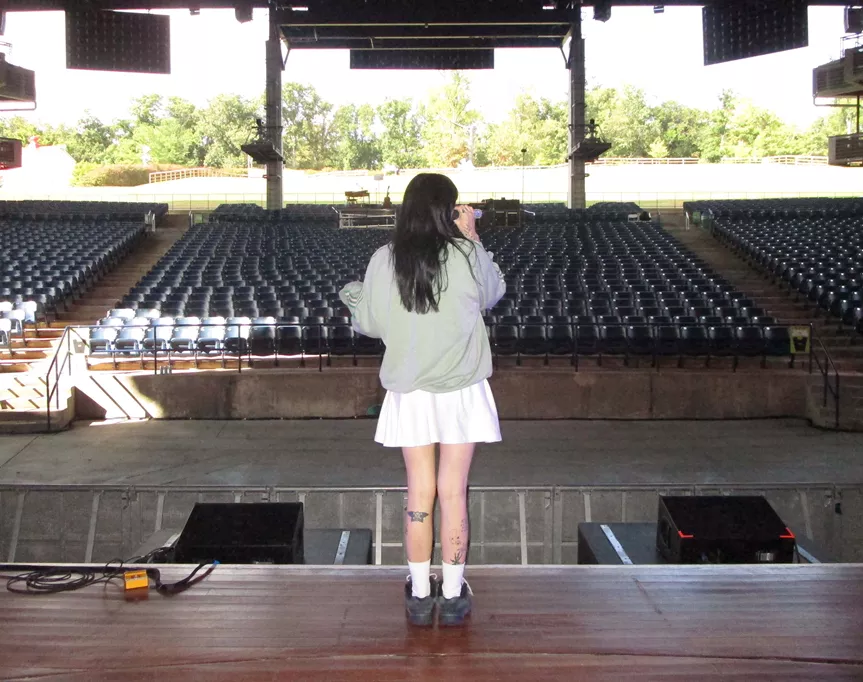
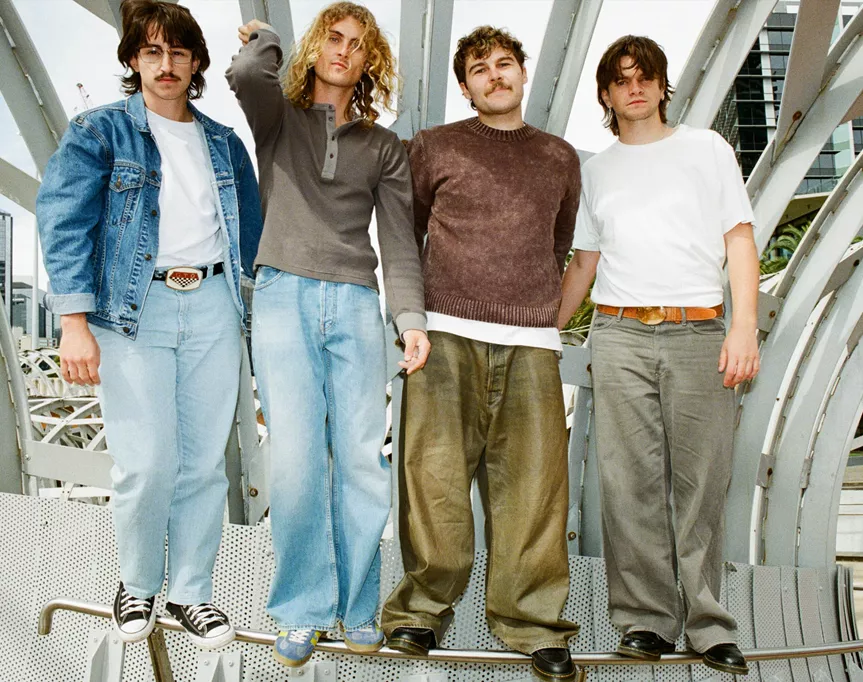
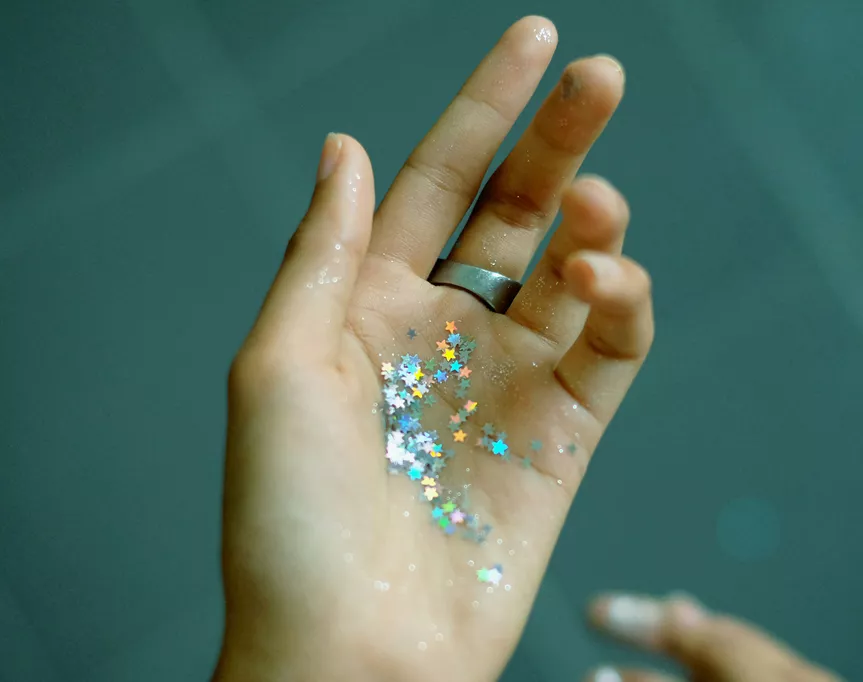
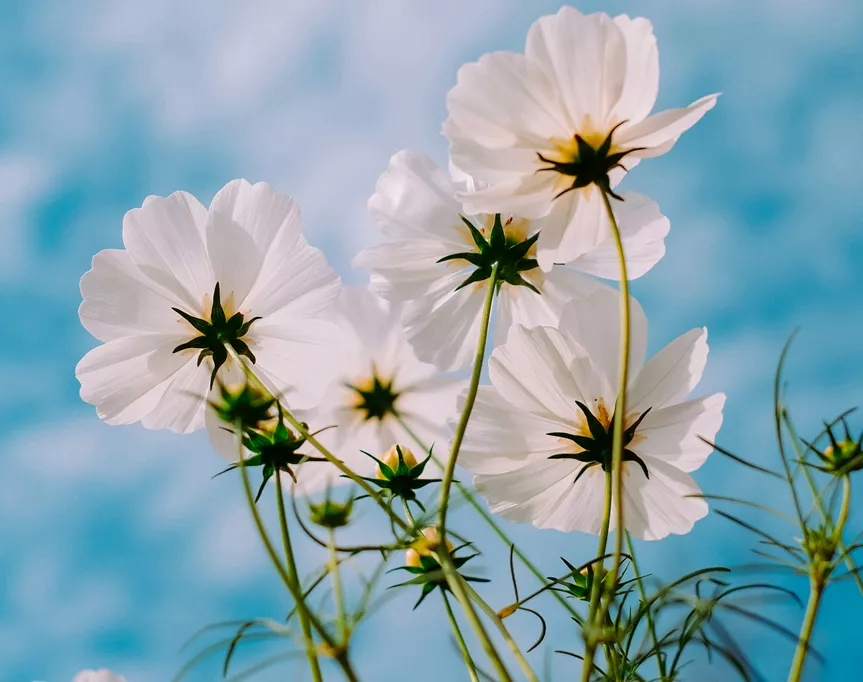
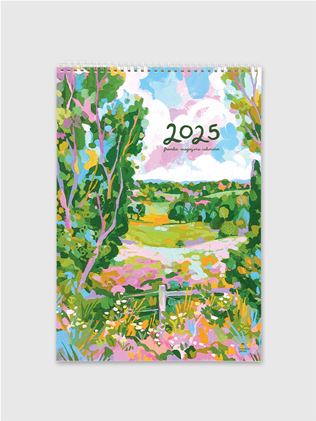

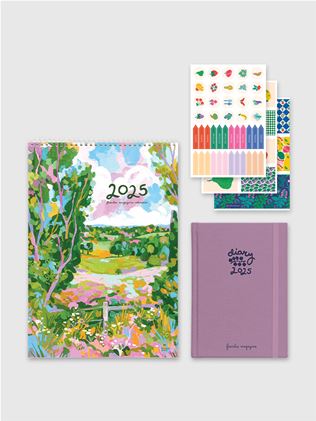
.jpg&q=80&w=316&c=1&s=1)



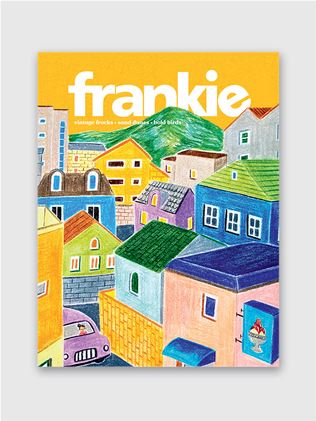


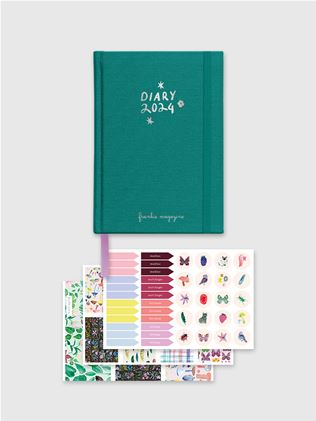



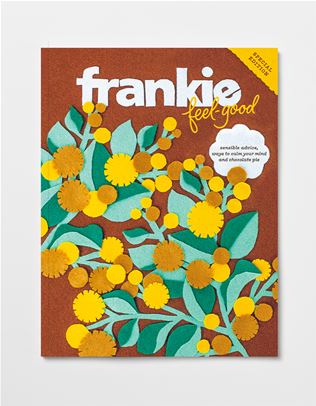






.jpg&q=80&w=316&c=1&s=1)










